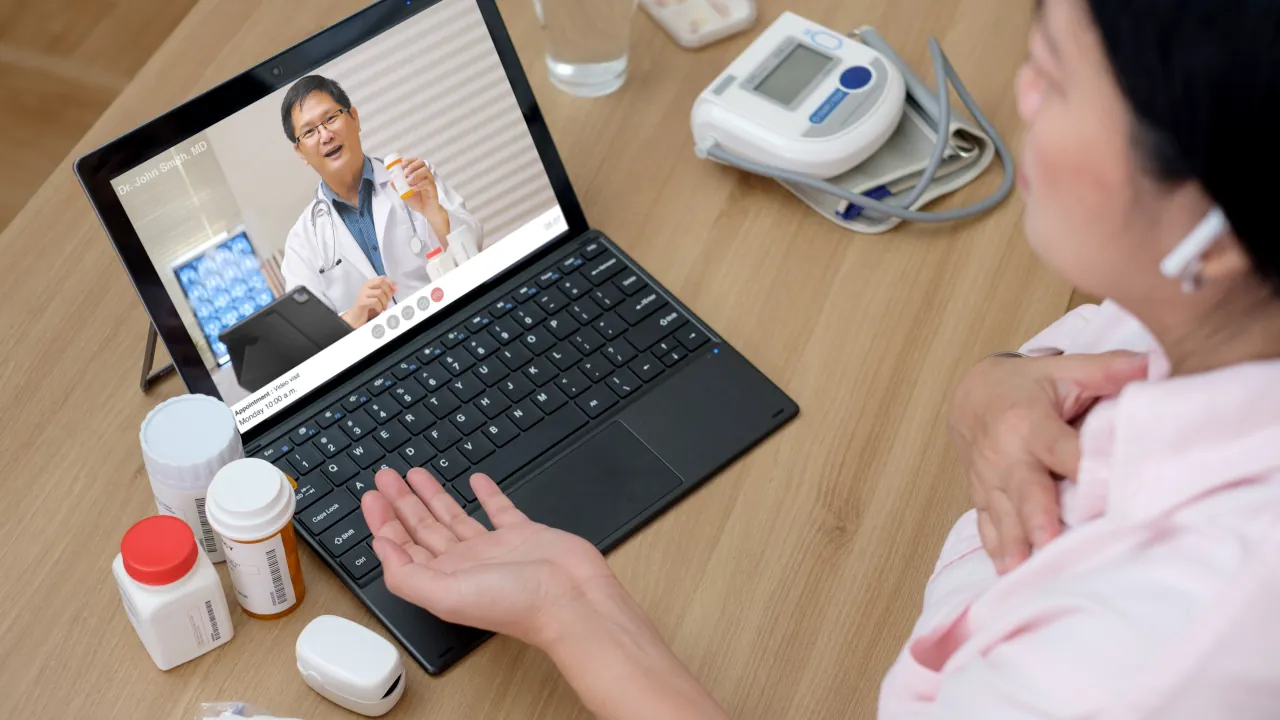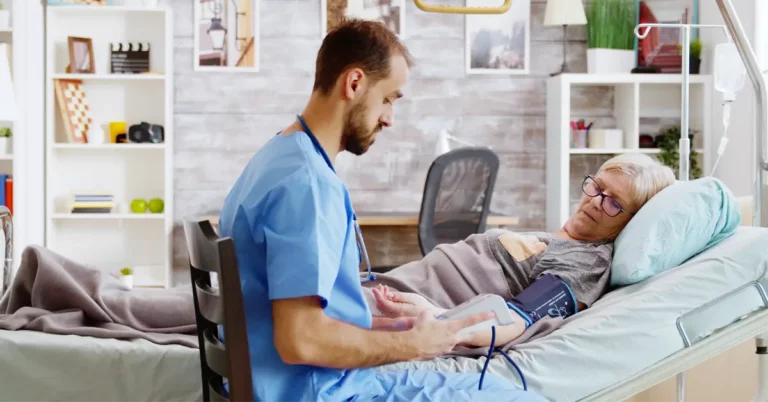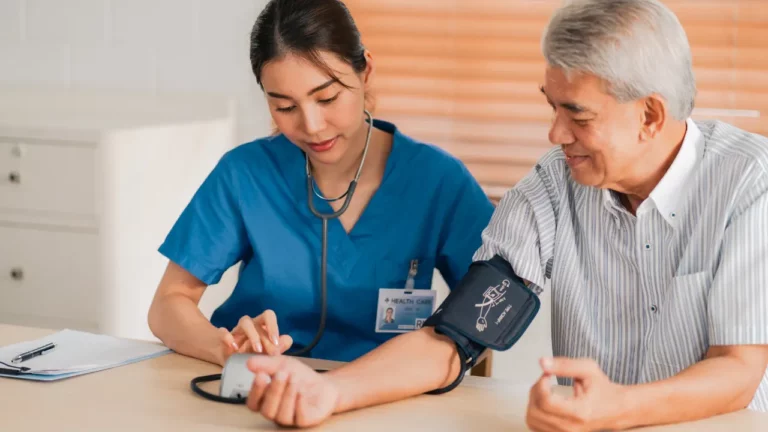Diabetes management can feel like a constant juggle. With blood sugar monitoring, medication adjustments, and dietary changes, staying on top of everything can be overwhelming. Thankfully, innovation is bringing exciting new tools to the table, and telehealth technologies are revolutionizing how we approach diabetes management.
This article dives into the impact of telehealth and remote patient monitoring (RPM) on managing diabetes, focusing on blood glucose monitoring and patient education.
How to Keep a Closer Eye on Blood Sugar through Remote Monitoring
Traditionally, finger pricks and blood glucose meters have been the go-to for monitoring blood sugar. However, telehealth offers a more comprehensive approach:
- Continuous Glucose Monitors (CGMs): These devices provide real-time blood sugar data throughout the day, offering a much clearer picture of glucose trends compared to finger pricks. Telehealth allows healthcare providers (HCPs) to remotely access this data, enabling them to identify patterns and adjust treatment plans accordingly.
- Smart Meters: These meters connect wirelessly to transmit blood sugar readings directly to a secure platform. This capability eliminates the need for manual data entry, improving accuracy and facilitating communication with HCPs.
Telehealth Education: Empowering Patients Through Knowledge
Education is a cornerstone of successful diabetes management. Telehealth allows for a more accessible and interactive learning experience:
- Virtual Consultations: Regular video consultations with HCPs provide a platform for personalized education tailored to each patient’s unique needs. Consultations can cover topics like diet, exercise, medication management, and complication prevention.
- Educational Programs: Online modules and resources delivered via telehealth platforms can educate patients at their own pace, covering various aspects of diabetes management.
The Synergy of Monitoring and Education
The true power of telehealth lies in its ability to combine these elements. By remotely monitoring blood sugar levels, HCPs can identify areas where patient education can be most impactful. For example, a trend of high blood sugar readings after meals might prompt a discussion on dietary adjustments or medication changes.
Disease Management Programs: A Holistic Approach
Telehealth integrates seamlessly with disease management programs, offering a more comprehensive approach:
- Remote Coaching: Certified diabetes educators can provide ongoing support and guidance through video calls, empowering patients to make informed decisions about their health.
- Data-Driven Care: Disease management programs can leverage data from RPM tools to personalize care plans and track progress over time.
Innovation for a Brighter Future
Telehealth technologies hold immense potential for transforming diabetes management. By facilitating continuous monitoring, personalized education, and remote support, these tools empower patients and improve overall health outcomes. As telehealth continues to evolve, we can expect even more innovative solutions to emerge, paving the way for a brighter future for those living with diabetes.
DrKumo: Your Telehealth Partner in Diabetes Management
DrKumo Inc. leverages telehealth and remote patient monitoring technology to empower patients to more effectively manage their diabetes from the comfort of their own home. Their user-friendly devices transmit real-time blood sugar data to healthcare providers, enabling early intervention and optimized treatment plans. DrKumo also facilitates communication between you and your HCPs, ensuring you receive ongoing support and education – a winning combination for better diabetes management.
Takeaways
Telehealth offers a revolutionary approach to diabetes management, empowering patients with real-time monitoring, personalized education, and remote support. This combination fosters better self-care and improved health outcomes.
Embrace the telehealth revolution! Contact us to explore how DrKumo’s user-friendly platform can simplify your diabetes management and connect you with the support you need.
Disclaimer: The information provided is for educational and informational purposes only. It is not intended to be a substitute for professional medical advice, diagnosis, or treatment.








